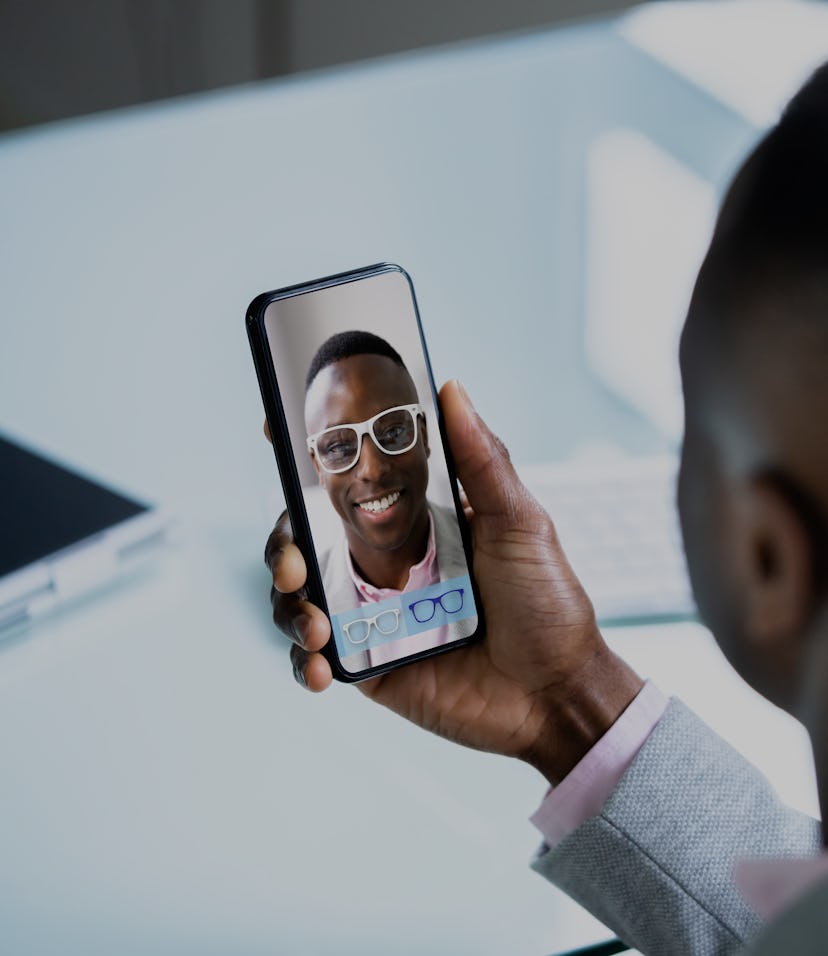Style
Privacy lawsuits challenge the future of virtual try-on features
Companies may be collecting shopper’s biometric data without their consent, lawsuits allege.

Augmented reality has helped shoppers virtually try on goods from retailers including Amazon, Warby Parker, and Fendi, but legal issues could soon make the feature obsolete. Biometric privacy lawsuits are questioning how safe online try-on is for consumers, with cases already pending against Louis Vuitton as well as cosmetics company Estée Lauder, according to Bloomberg Law.
Plaintiffs have primarily focused on eyewear and makeup try-on tools and claim companies are unlawfully collecting “scans of face geometry,” a term used in Illinois’ Biometric Information Privacy Act (BIPA). The law safeguards Illinois residents’ biometric privacy rights and requires companies to seek written consent before collecting data such as eye and fingerprint scans, the former of which could be violated by virtual try-on’s need for camera access.
Try this on for size — While most lawsuits against the feature have been filed in Illinois, others are pending in the Southern District of New York and the Northern District of California. Plaintiffs allege that companies are providing virtual try-on without giving proper notice or obtaining proper consent. Some businesses are also lacking accurate privacy policies, according to the suits. Whether or not the tool actually implicates BIPA, or what kind of consent is required from consumers, has yet to be decided by the courts.
“The virtual try-on cases in Illinois are still in their early stages and there are very few substantive rulings,” Nicola Menaldo, a partner at Perkins Coie LLP in Seattle, told Bloomberg Law. Differing definitions of “biometric” may appear in each jurisdiction, making litigation more complicated down the road, she added.
The future of virtual try-on — The pandemic’s effect on retail has made virtual try-on tools more popular than ever, especially as both shoppers and companies shift to an exclusively online presence. It’s unlikely the feature will disappear entirely, but the rising number of privacy lawsuits will ultimately force companies to be more cautious. Some businesses are expected to offer the tech everywhere but Illinois to evade BIPA, while others will be clarifying their privacy policies.
Eyewear company Warby Parker, which has yet to be named in any lawsuits, has already spelled out how its try-on tech works. The brand’s tool looks at “multiple data points on the user’s face” while users interact with it, but it doesn’t store any face scan data or share it with any third parties, according to the company’s App Store description. Whether or not a lawsuit will challenge that explanation has yet to be determined.
Here’s how it works.